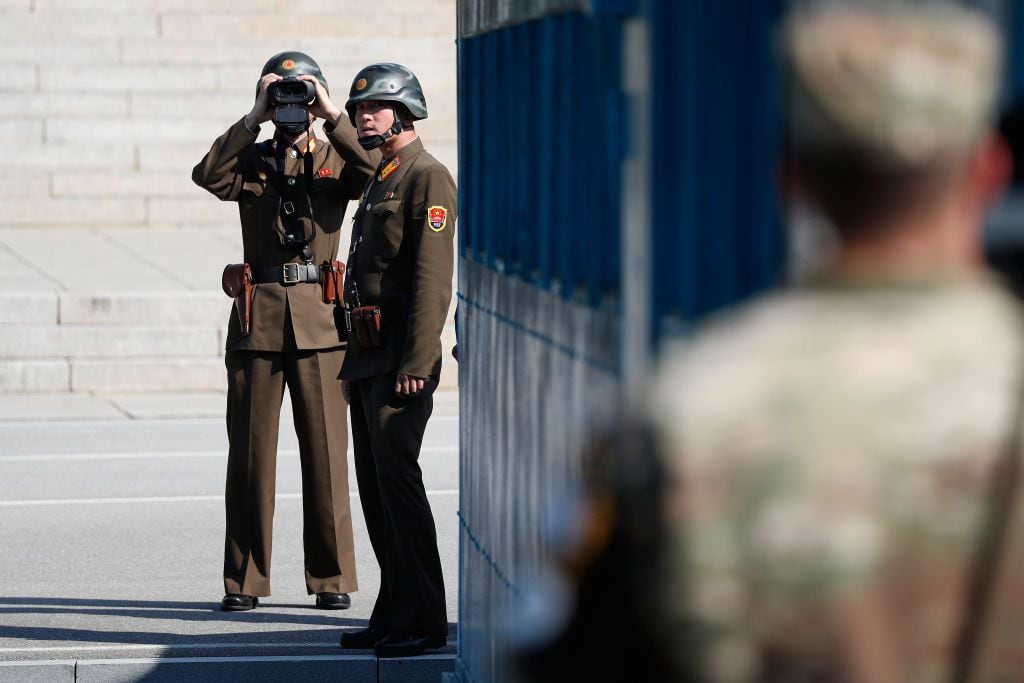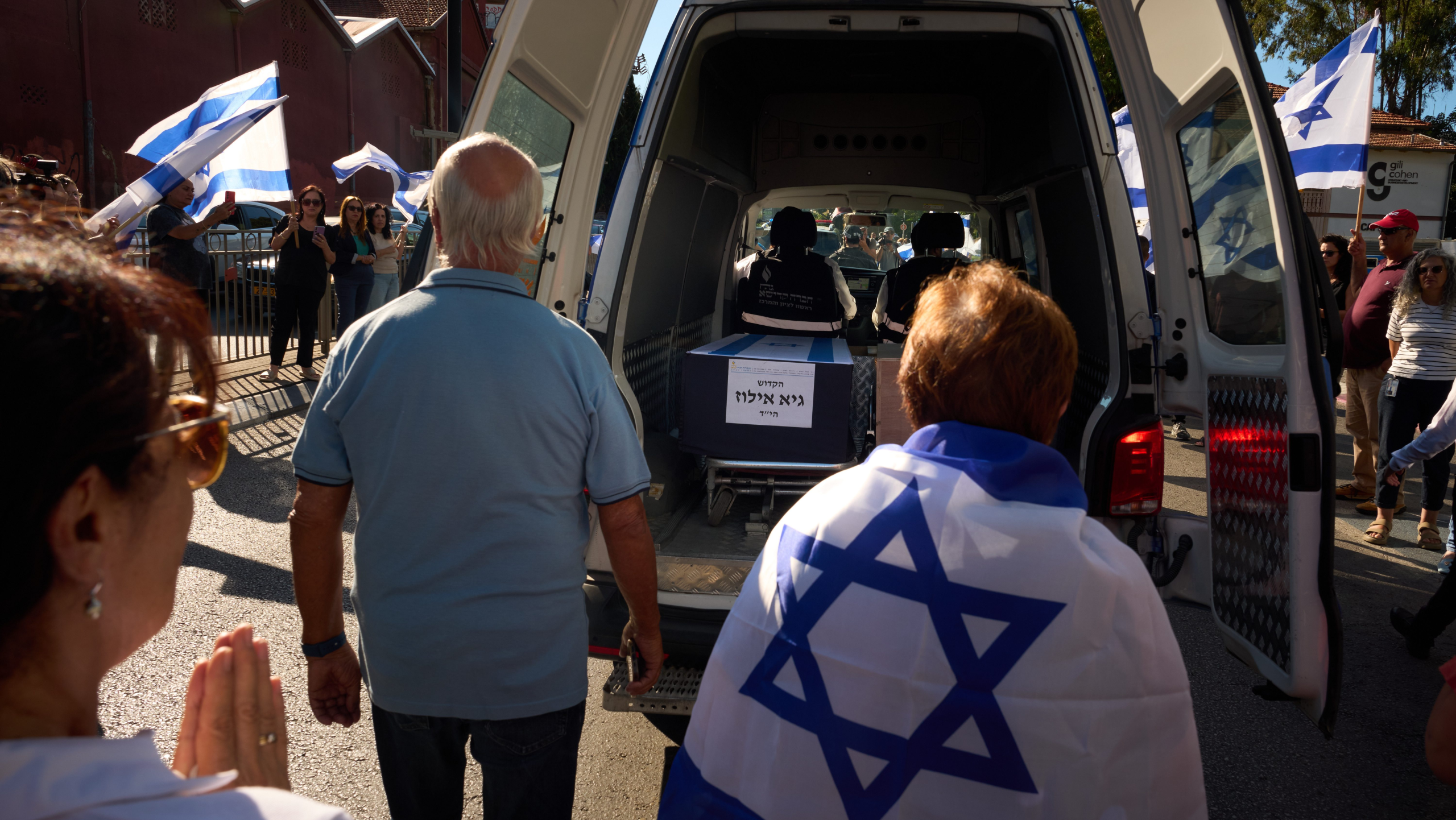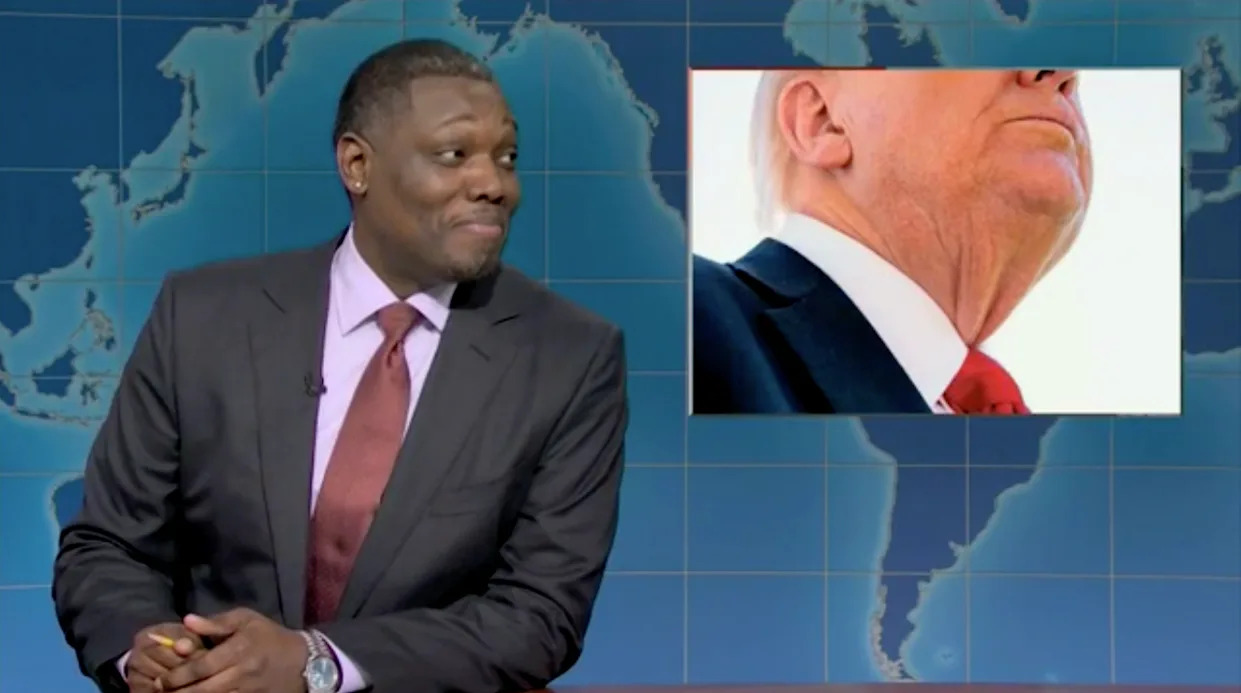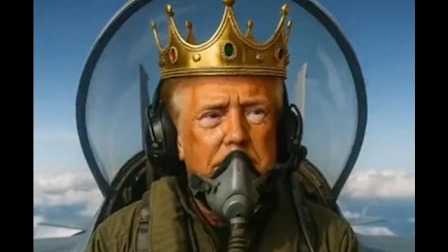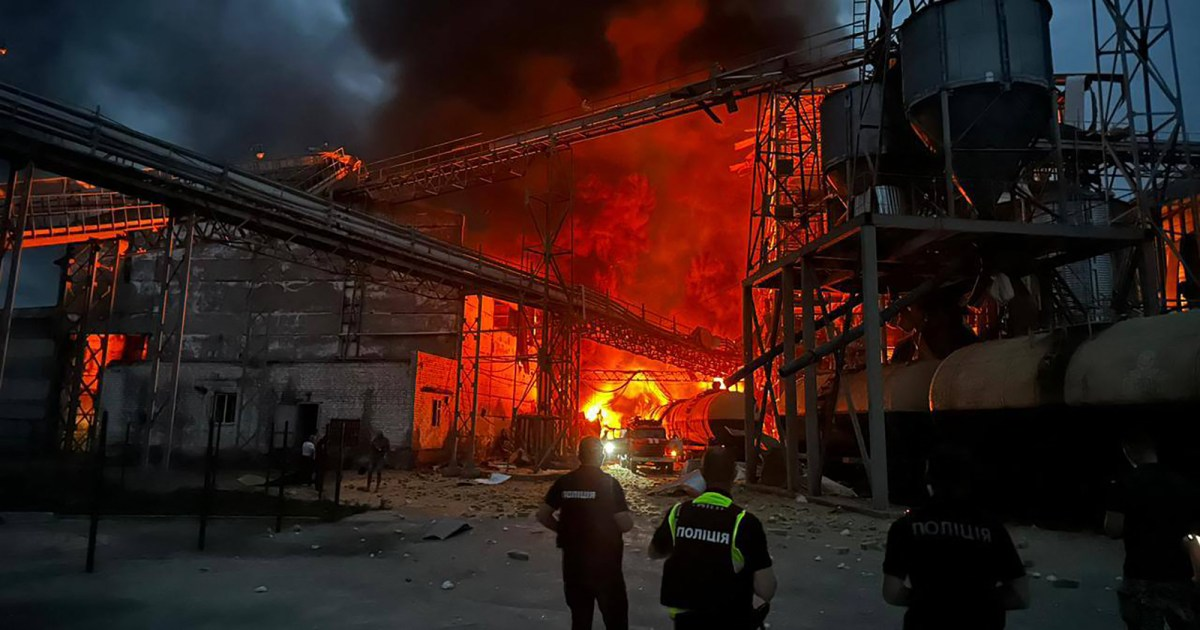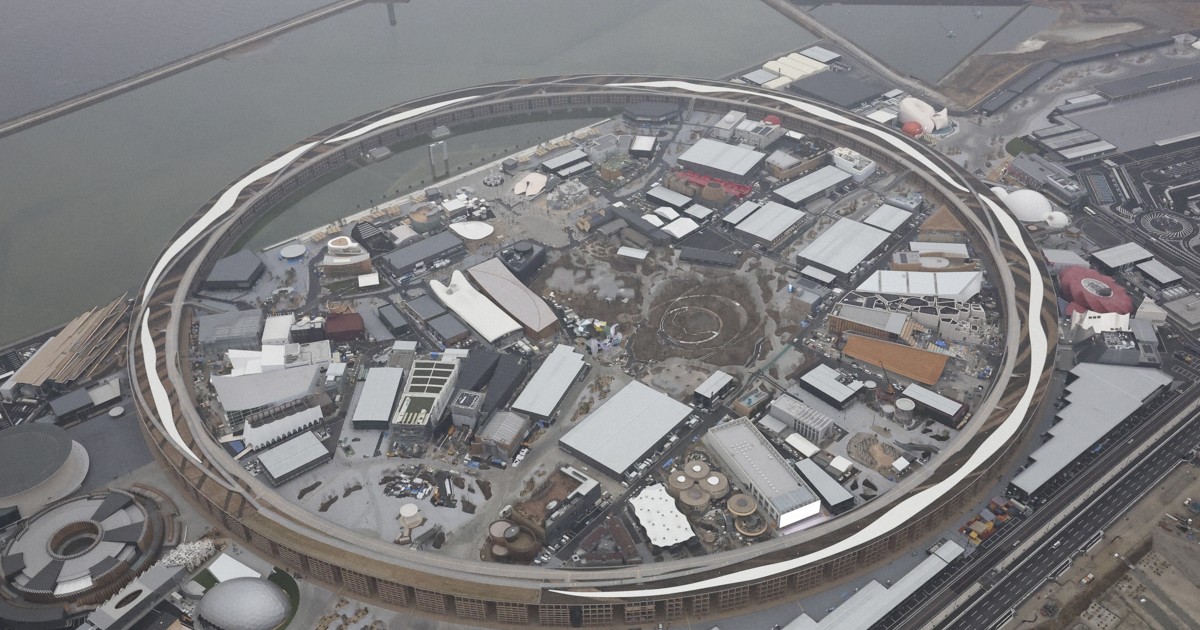N.Korean Soldier Defects Across DMZ as Border Tensions Simmer

Border breach, response, and what it signals
A North Korean soldier crossed the heavily fortified Demilitarized Zone and surrendered to South Korean forces on Sunday, South Korea’s Joint Chiefs of Staff said. The rare defection through the DMZ — among the most surveilled frontiers in the world — sparked a rapid alert but ended without shots fired. Officials said the soldier was quickly taken into custody and will undergo debriefing and medical checks, a standard protocol in such cases. Seoul did not immediately disclose the soldier’s unit, rank or motive.
The crossing follows months of tit-for-tat pressure on the peninsula, including Pyongyang’s balloon-borne trash campaigns and Seoul’s resumption of loudspeaker broadcasts. Analysts say a DMZ defection is risky and unusual, suggesting desperation or a breakdown in discipline. It also presents Seoul with both an intelligence opportunity and a diplomatic challenge, as North Korea often denounces defections as kidnappings.
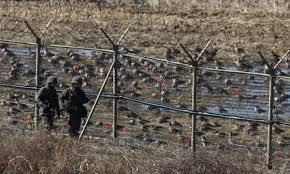
Context, risk and next steps
The incident comes amid renewed military ties between Pyongyang and Moscow and stalled nuclear talks. South Korea has warned of heightened vigilance after reports that North Korean troops were deployed near front-line areas to build tactical positions. A single defection does not indicate mass morale collapse, but interrogations could yield insights into logistics, food supplies, or troop rotations.
Seoul will likely publicize only limited details to avoid provoking Pyongyang while still signaling deterrence. For now, the border remains tense but calm. Expect a political war of words, and potentially more propaganda salvos, as both Koreas attempt to shape the narrative at home and abroad.


